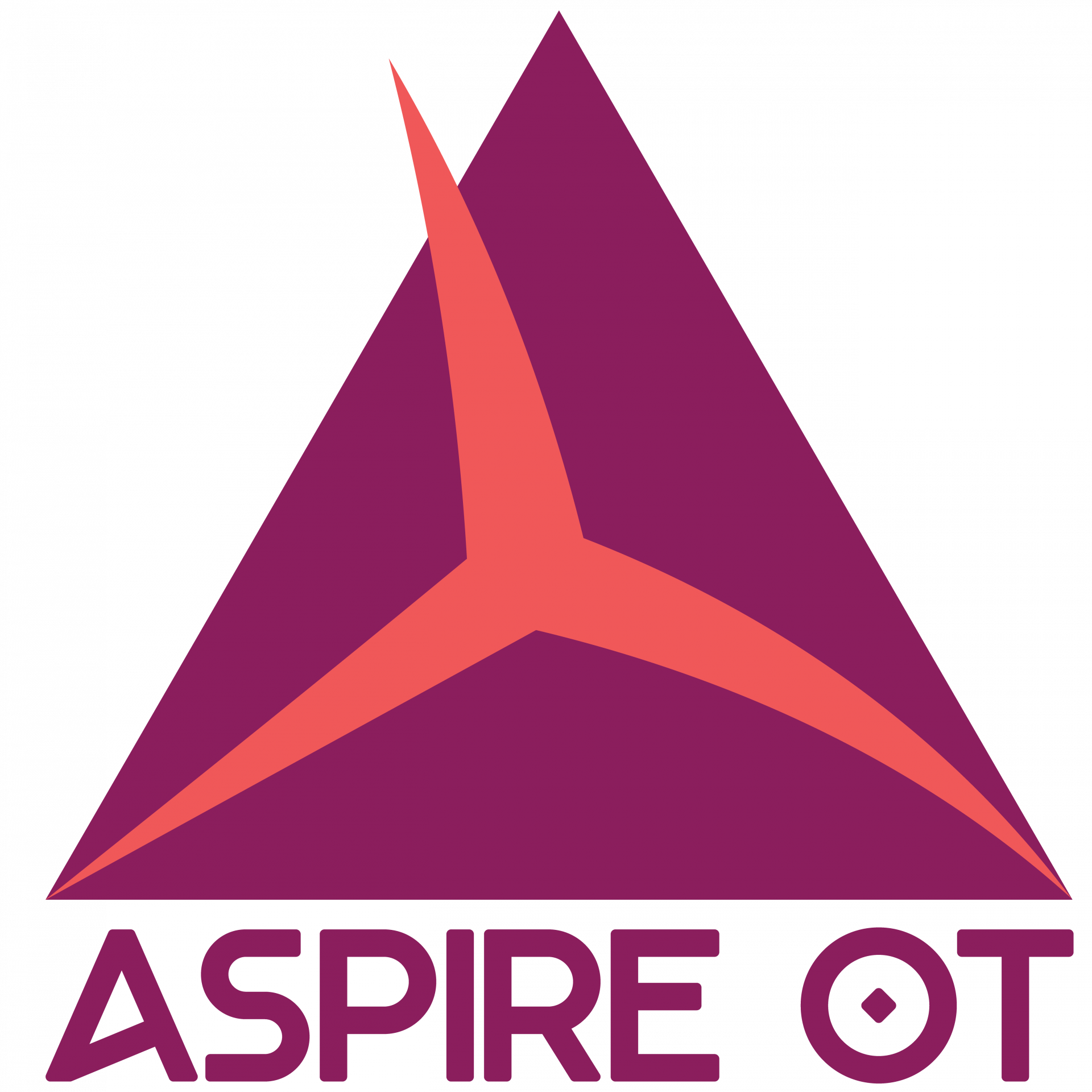
We are honored to welcome Aspire OT Instructor, Stephen Nawotniak, OTR, NYCPS as a guest blogger!
May marks Mental Health Awareness Month, a timely reminder for us, as occupational therapy practitioners (OTPs), to center emotional wellness in our work, especially with children. Pediatric OTPs often support kids not just in fine motor skills or sensory regulation, but in developing the emotional resilience they need to thrive across environments.
That’s where Mubu the Morph comes in.
Mubu is a shape-shifting character who adapts to his surroundings and learns to accept himself just as he is. Through engaging storytelling and visual metaphors, Mubu the Morph offers OTPs a developmentally appropriate tool to address emotional regulation, self-concept, and flexibility—core components of social emotional learning that intersect beautifully with our goals in therapy.
Mubu as a Therapeutic Tool
In my work as an OT in mental health, I’ve seen how stories like Mubu’s provide people a safe space to explore the concept of emotional change. Just as Mubu morphs physically, people are invited to “morph” emotionally, recognizing that their feelings shift, and that’s okay.
For kids with sensory processing differences, anxiety, ADHD, or emotional dysregulation, Mubu provides a character they can both relate to and learn from. His journey creates openings for discussion, reflection, and skill-building in both individual and group therapy sessions.
Three OT-Friendly SEL Activities with Mubu the Morph
1. “Shape Your Feeling” Sensory Check-In. Before each session, have your child client draw a shape that represents how they feel. Is it tight and spiky? Soft and round? Connect the shape to a sensory experience—e.g., "Does that spiky shape feel like when noises are too loud?" Use this as a springboard for emotional and sensory exploration.
2. Mubu’s Movement Morphs
guide children through gross motor activities where they morph into different shapes with their bodies—tight balls, stretched stars, wiggly worms—mirroring emotional states. This helps them link body awareness with emotional awareness and fosters self-regulation strategies.
3. Storytelling for Emotional Vocabulary. After reading a Mubu scene, ask the child: “How do you think Mubu felt here?” Let them select from emotion cards or draw the feeling. Then, relate it to a personal experience. For children with expressive language challenges, this builds emotional literacy in a non-threatening, play-based way.
Occupational therapy is at its best when it integrates the mind and body.
This Mental Health Awareness Month, consider how books like Mubu the Morph can bridge movement, mindfulness, and meaning. Together, we can help children not just grow, but morph into their most resilient, emotionally aware selves.
Mubu The Morph: Second Edition is coming June 2025 – but you can join the fan club now: Click Here plus access free coloring pages!
Register for Stephen's Courses
Write your awesome label here.
OT Mental Health Strategies for Adult Physical Dysfunction Settings
In this course, Stephen Nawotniak, OTR/L, NYCPS will provide practical strategies that can be utilized by occupational therapists, occupational therapy assistants and students to address the mental health needs of clients typically seen in acute care, in-patient rehabilitation, skilled nursing, home health and outpatient settings.
Write your awesome label here.
OT & Mental Health: Applying the Occupational Therapy Practice Framework From a Lived Experience
In this course, Stephen Nawotniak, OTR/L, NYCPS presents tools that can be used within the Occupational Therapy Practice Framework, 4th Edition (OTPF 4) while incorporating the perspective of his lived experience. Stephen is eager to share his experience to help OTs and OTAs better address mental health across various practice settings.
Occupational therapy addresses the whole person,
which includes their psychosocial needs
OTs, OTAs and students are uniquely qualified and trained to assess and treat mental health no matter what setting they are practicing in. Aspire OT provides continuing education that will grow your Mental Health Toolbox!
Occupational Therapy Courses Addressing Mental Health
We are better together!
Don't Miss A Thing!
Follow us on social media to stay up to date on all of our latest postings.
Join our newsletter
Get weekly updates on new blog posts, webinars, on-demand courses and more right in your mailbox.
Thank you!
Write your awesome label here.
Coaching, JUST for OT Practitioners Interested in
Implementing Psychosocial Interventions into Everyday Practice
Are you an occupational therapist, occupational therapy assistant or student who isn't sure how to address the psychosocial needs of your clients in your non-mental health setting?
Just for OT Coaching is here to help you. Let Kim and Niccole share their experiences in implementing psychosocial assessment and treatment into non-mental health settings to help you be successful!


